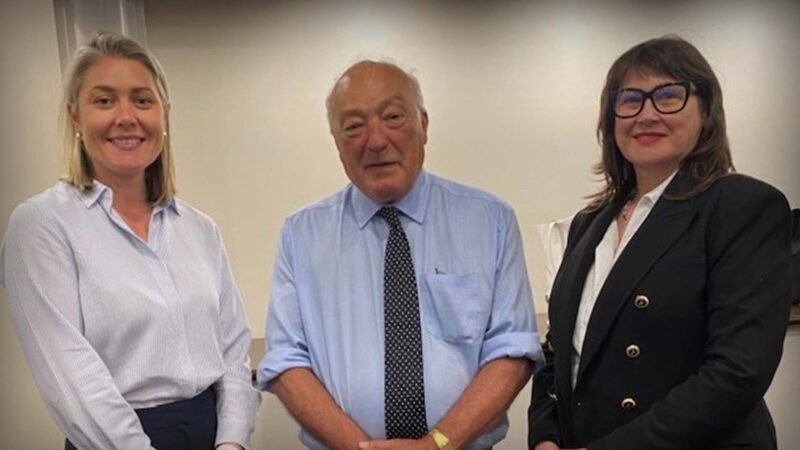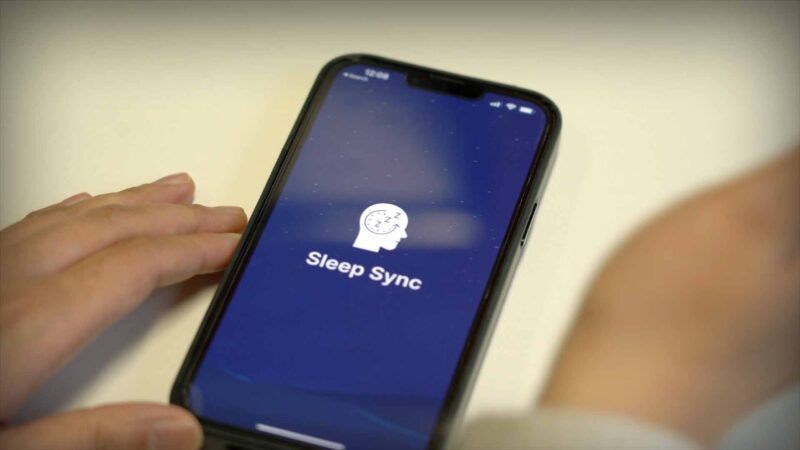In April 2023, Professor John Skerritt retired from his position of Deputy Secretary Health Products Regulation Group, a role he has been in since 2012. During his time at the TGA he had line responsibility for over 1200 staff involved in the regulation of therapeutic goods, regulation of gene technology and industrial chemicals and control of drug import, export and production.
During the COVID-19 pandemic he was part of the “public face” for media and community groups, conducting over 100 interviews, seminars and media conferences, including with the Prime Minister and Health Minister.
He became synonymous with, and the public face of, the Therapeutic Goods Administration, leaving behind an extraordinary record of public service.
During this time it was his reassurances that left Australians confident in the approval and regulation of medicines, vaccines and treatments.
“Professor Skerritt has had many achievements over the course of his career including Implementing the Medicines and Medical Devices Review, digital transformation, the regulation of medicinal cannabis, the rapid registration of COVID vaccines and treatments and playing a leading role in international harmonisation of regulation.”, said The Hon Mark Butler MP, Minister for Health and Aged Care in a press release issued in February the same year.
At this year’s ARCS 2023 Conference, ARCS Australia CEO Dr Shanny Dyer paid tribute to Professor Skerritt and his service to the Australian health industry. She led a tribute with fellow industry heads, Elizabeth de Somer, CEO, Medicines Australia, Anne Harris, Managing Director, Pfizer Australia & New Zealand, Deon Schoombie, CEO, Consumer Healthcare Products Australia, Ian Burgess, CEO, Medical Technology Association of Australia and Arthur Brandwood, President ARCS Australia.
About ARCS and its transformation in 2023
ARCS Australia is the association for people working on the development of therapeutics. The ARCS conference brings over 1500 people across the sector, in Australia, with international speakers coming this year. The conference runs over 3 days with 7 concurrent streams that cover all the areas that are involved in the development of therapeutics, including clinical research, regulatory affairs and pharmacovigilance.
The focus for ARCS at this year’s conference has been building competency frameworks in the areas that members work. As a significant step, ARCS is transforming into a professional body that both recognises and develops people into specific competencies that are required for the roles that those people are undertaking.
Dr Shanny Dyer states, “One of the key goals that ARCS is undertaking over this strategic period is to implement the professionalisation of our sector. Whilst we’ve been very clearly developing products that have safety, quality and efficacy, we now need to work on the quality of our staff, their ability to develop products and have a safe pair of hands and to work efficiently as well.”
You Might also like
-
Strengthening Evidence Through Health Research Where Most People Access Healthcare
In February 2025, the Australian Government committed over $22 million for primary care research, including $5.2m awarded to Professor Michael Kidd, Director of the International Centre for Future Health Systems at UNSW and recently appointed Australia’s Chief Medical Officer, to lead the establishment of one of the largest research collaborations in Australia focused on improving primary care.
The Royal Australian College of GPs says a new national multidisciplinary consortium for primary care research is a positive step forward to improve patient care.
-
Representing the profession that impacts individual lives and communities
Michelle Oliver is a highly experienced Occupational Therapist with nearly two decades of leadership and clinical expertise across the mental health, homelessness, and disability sectors. She holds a Master of Occupational Therapy from the University of South Australia and is a registered practitioner with AHPRA.
-
App helps Chronic Sleep Deprivation
Earlier this year, Turner Institute for Brain and Mental Health researchers developed SleepSync, the world’s first app that personalises sleep-wake cycles for shift workers to improve their sleep and overall mood.
The research, led by Dr Jade Murray, was published in the journal, Digital Health. Australian Health Journal met with Dr Murray to hear how the application has evolved and been used in personalisation of sleep habits for health care shift workforce.



